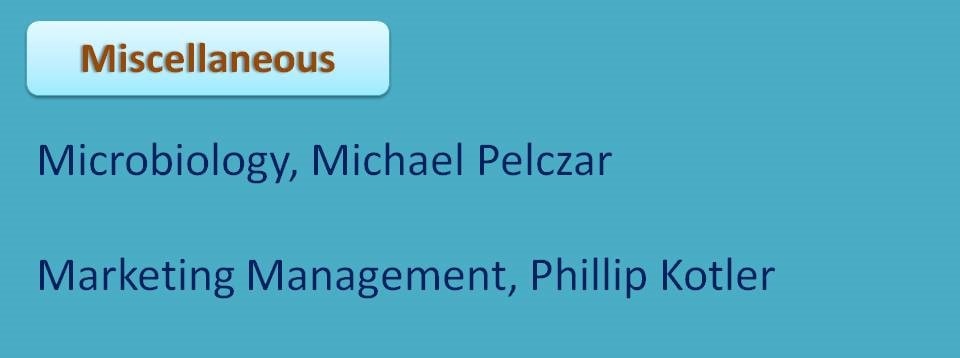GPAT syllabus- Know the subjects and books you have to study
by egpat 08 Jun 2019
Are you preparing for GPAT and don’t know what to study and which book is to refer? Here is a guideline for you to have a better understanding of GPAT syllabus and books to cover. Preparing for GPAT is a great task and it should be planned perfectly to get best score. So let’s go in detail how you can plan your study.
GPAT syllabus
Have you seen anytime GPAT syllabus? If not you can find the latest GPAT syllabus at NTA website (https://ntagpat.nic.in/ntagpatcms/public/home.aspx). If you scroll through the syllabus you can find lot of pages each with elaborated topics under different subjects.
What you can observe? Have you scared by scrolling all through the pages?
Don’t worry, even the GPAT syllabus is so much elaborate you can find few tips and tricks for a successful score in GPAT. Here we will discuss how the syllabus can be divided and how can you plan your preparation.
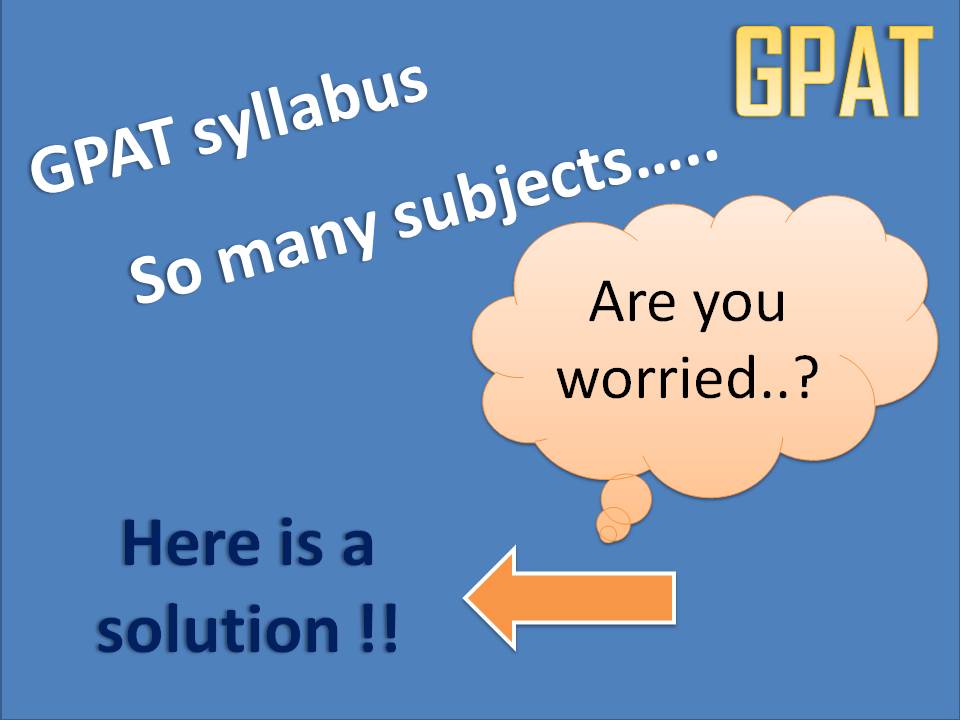
The syllabus mainly includes core subjects like pharmaceutics, pharmacology, pharmaceutical analysis, pharmacognosy and pharmaceutical chemistry.
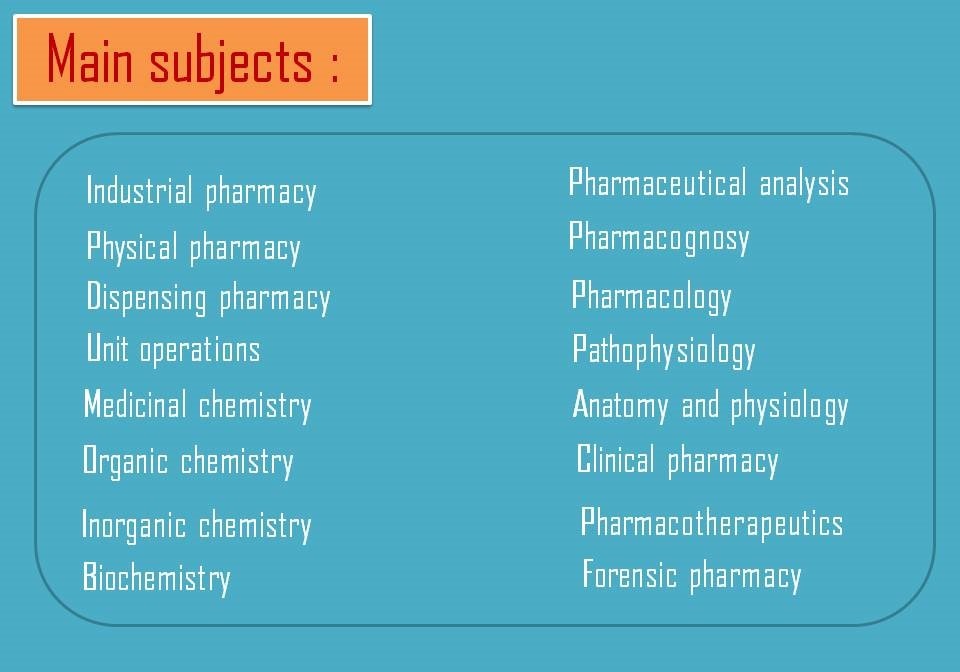
Apart from the above core subjects you can find a list of subjects related to each core discipline. Subjects like physical pharmacy, physical chemistry, Organic chemistry, biochemistry and so many subjects are included in GPAT syllabus.
So let’s go with each subject in detail along with reference books you have to study.
Pharmaceutics
Let’s list out the subjects which are related to pharmaceutics division. Please note that we can classify the subjects in multiple disciplines but here we go with best categorisation for easy and effective study.
Which subjects you may think that are related to pharmaceutics?
Yes, exactly subjects like industrial pharmacy, physical pharmacy, pharmaceutical engineering, biopharmaceutics fit into this category.
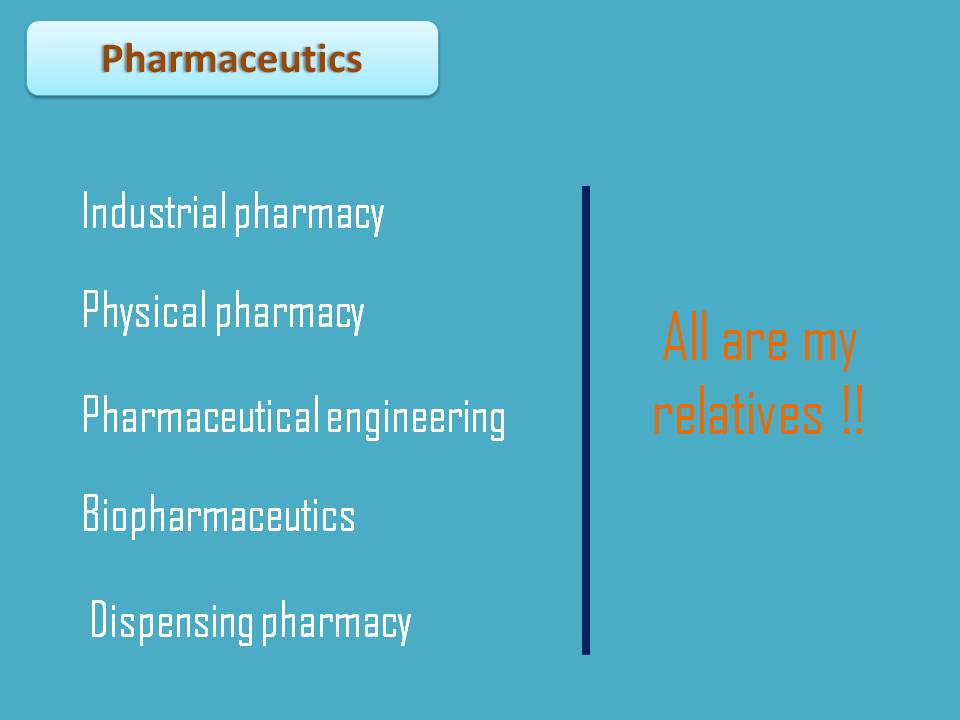
Note: Even subjects like management, jurisprudence are sometime classified under pharmaceutics, we will not included them here from point of view of easy preparation. We will cover those subjects at the end of this article.
You can get good score from these subjects as there is more chance for getting number of question in GPAT from these subjects. So let’s see the reference books for each subject.
Industrial pharmacy
Industrial pharmacy mainly deals with formulations like tablets, capsules, parenterals, suspesnsions and emulsions etc. Here is the list of books that you can refer for preparation of industrial pharmacy.
- Lachman/Liebermans: The Theory and Practice of Industrial Pharmacy
- Ansel’s Pharmaceutical Dosage Forms and Drug Delivery System
- Aulton's Pharmaceutics: The Design and Manufacture of Medicines
All the above listed books are good for GPAT preparation and you can select any of them. Always check for latest editions when you refer above books for getting updated information.
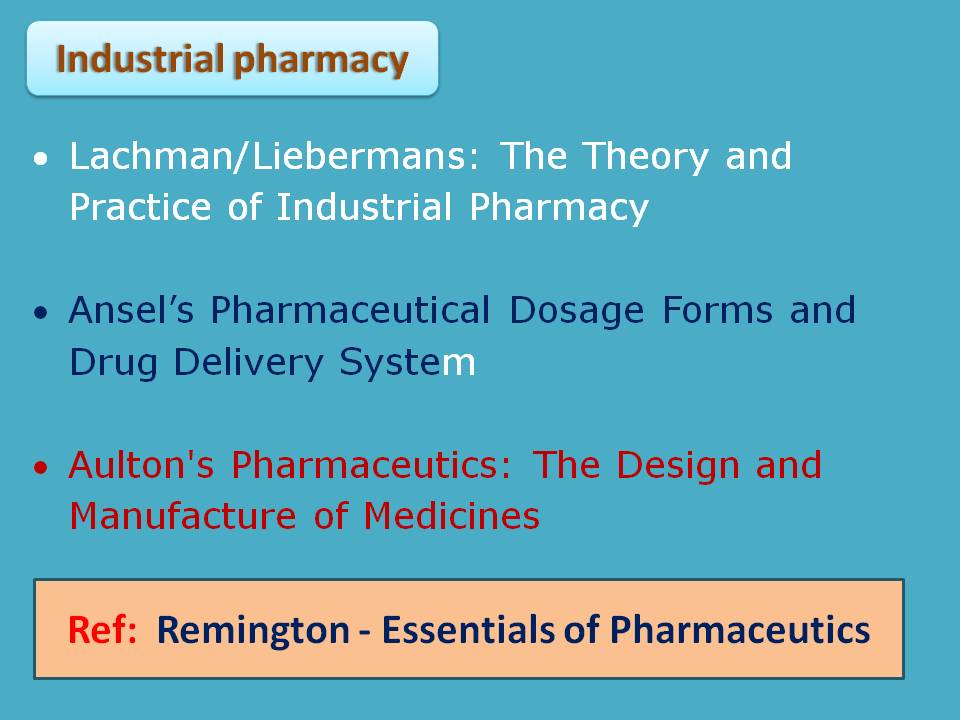
You can also refer few of the topics in Remington: Essentials of Pharmaceutics which is available in two volumes. Even it is a bulky book you can find few of the topics well presented in a precise manner easy to study.
Physical pharmacy
Now a days physical pharmacy is gaining lot of importance in the GPAT exam. It includes all the basics and theories all required for pharmaceutics. Alfred Martin is one of the best books to refer for physical pharmacy.

Pharmaceutical engineering
Industrially this is another important subject so getting its weight in GPAT. It deals with various industrial process and equipment such as milling, mixing, drying, filtration, crystallization, evaporation, humidification and many processes.
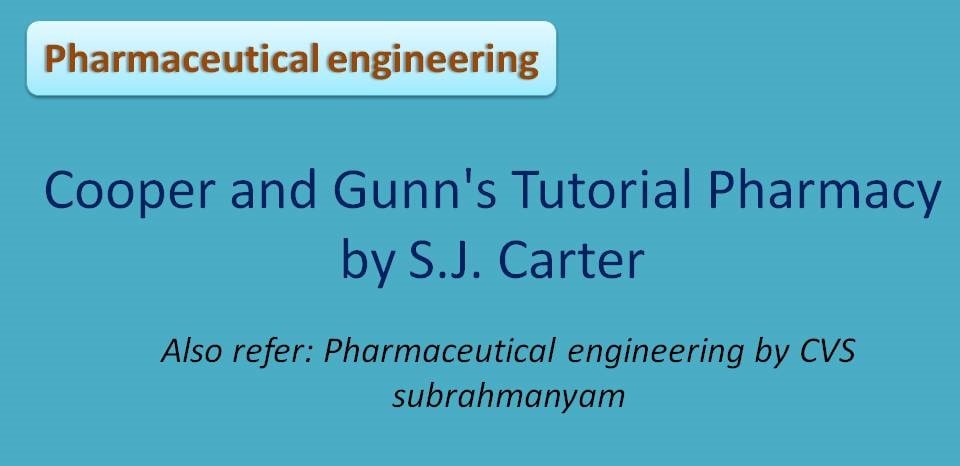
Again so many books are available in this subject and Cooper and Gunn's Tutorial Pharmacy by SJ. Carter is a good book to study. You can also refer pharmaceutical engineering by CVS subrahmanyam one of the best book to cover many topics in easy and precise way.
Biopharmaceutics
In point of competitive exams as well as written tests for jobs in industry, one of the most important subject is biopharmaceutics. It deals with pharmacodynamic and pharmacokinetic models of dosage forms and various factors involved in these process. When a new drug is invented or new formulation is made, biopharmaceutics is very essential to study these drugs.
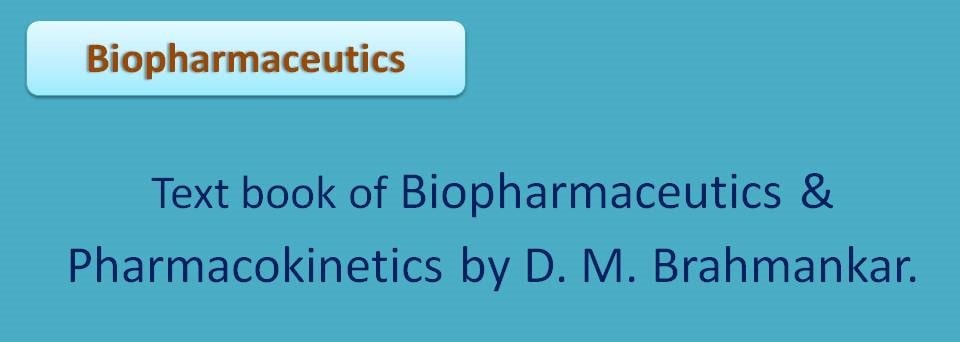
Again one of the best books here is text book of Biopharmaceutics & Pharmacokinetics by D. M. Brahmankar.
Dispensing & Hospital pharmacy
Few questions such as 3-10 may appear from these two subjects which also significantly add to your GPAT score. For these two subjects you have just understand the basics and simple procedures. For example, you may get questions on latin terms used in prescription, calculations on allegation, alcohol dilutions, displacement value, adjustment of isotonicity and posology.
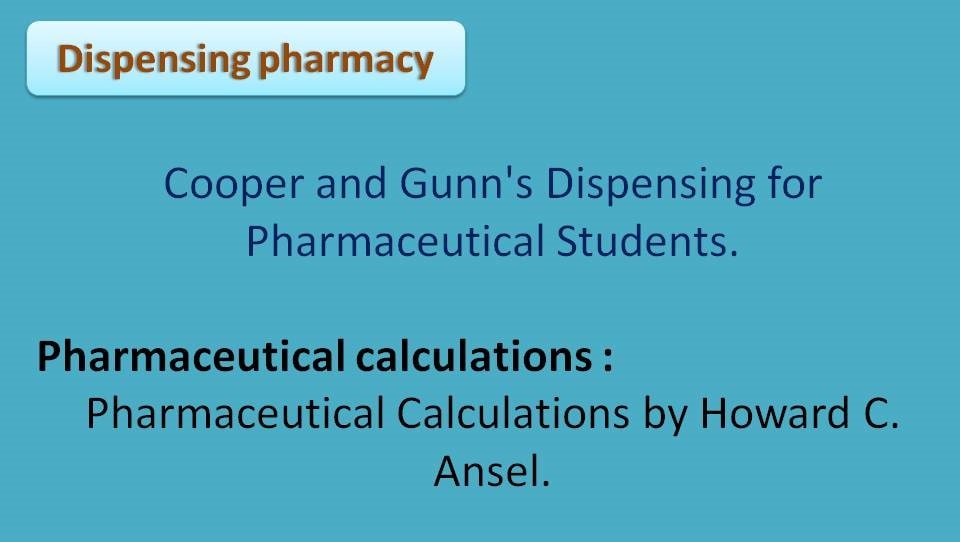
One of the standard books for dispensing pharmacy is Cooper and Gunn's Dispensing for Pharmaceutical Students. For pharmaceutical calculations you can also refer Pharmaceutical Calculations by Howard C. Ansel.
From hospital pharmacy you may get one or two questions particularly from various aspects like maintenance of pharmacy and records in a hospital setting. For this plenty of books available and you can go through the overview of any text book available within your library.
Pharmacology
One of the very interesting and essential subject in the pharmacy is pharmacology. You may get questions on mechanism of action of drugs, specific side effects, drug targets, drug interactions and basics of pharmacology.
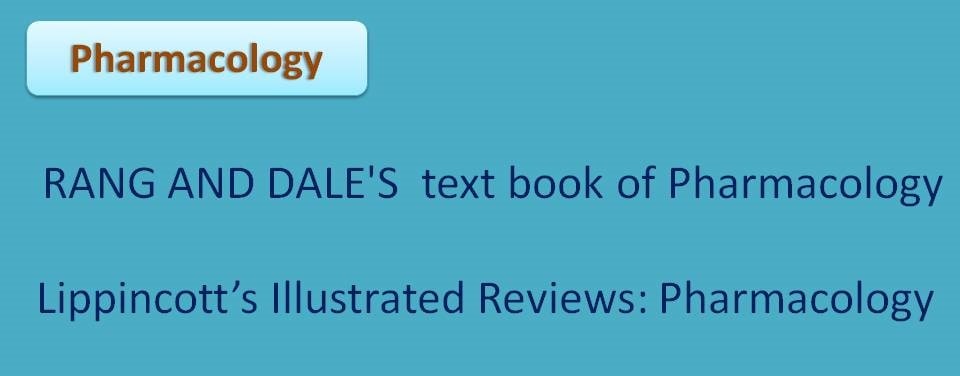
One of the standard book for pharmacology is RANG AND DALE'S Pharmacology which covers lot of information with all the fundamentals required well presented with key points in clinical boxes.
If you want to study the pharmacology in a practical way with all relavant clinical case studies, Lippincott’s Illustrated Reviews: Pharmacology is a best book. One of the best advantage of new edition of this book is that at end of the every chapter few clinical oriented multiple choice questions are given along with explanation. That provides you sound knowledge and quick revision of the key points.
Human anatomy & Physiology
This is another division related to pharmacology as you may be already well familiar it deals with structural arrangement of various systems in our body and their physiological functions. In GPAT point of view you should learn the principle anatomical features of important systems in our body.
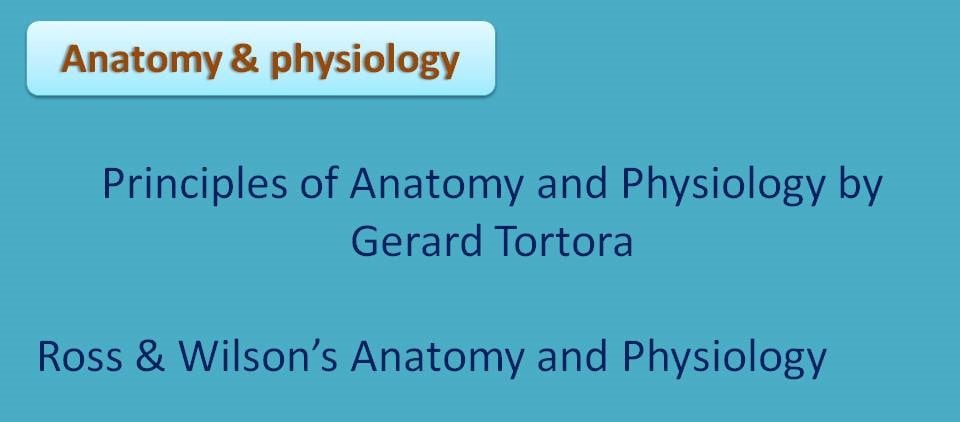
Principles of Anatomy and Physiology by Gerard Tortora is a best illustrative book but it is more elaborated and consumes lot of time to study. So you can spend some time on each chapter and list out the key points to prepare notes so that you can revise easily before the exam.
Ross & Wilson’s Anatomy and Physiology is another book that covers the concept in simple way.
Pathophysiology & Pharmacotherapy
Pathophysiology is again related to pharmacology where the pathogenesis and various risk factors for a disease are mainly studied. Pharmacotherapy deals with how a disease can be cured what may the therapeutic approach based on the patient conditions.
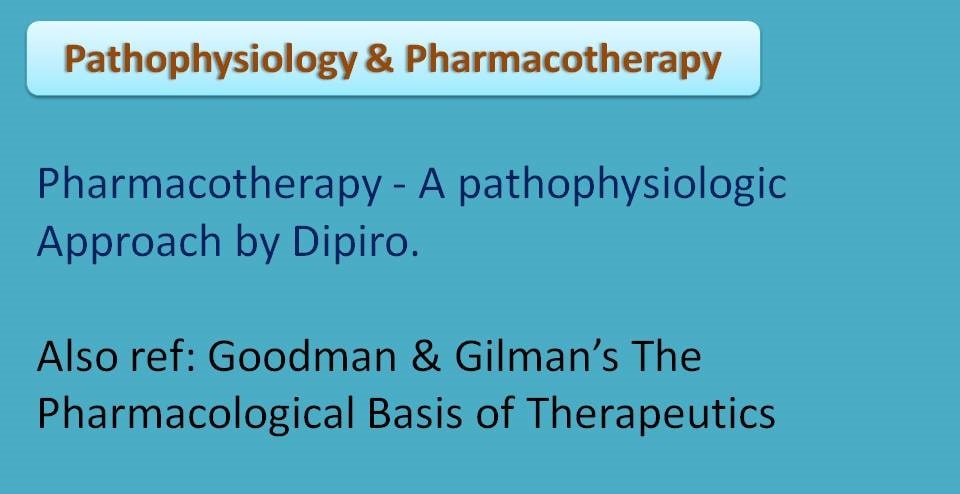
Many of the aspects in these two subjects are covered while you study pharmacology. In GPAT point of view you can get important points from Pharmacotherapy - A pathophysiologic Approach by Dipiro.
For few of the topics you can also refer Goodman & Gilman’s The Pharmacological Basis of Therapeutics, one of the best books that covers the subject very elaborately. But again it takes lot of time to study completely so you can draw any key points from few topics whenever required.
Pharmaceutical analysis
It is one of the subjects that again fills your score card with good score if you catch the logic in the subject. In GPAT question from this subject appear from instrumental components, basic principles, important laws and equations. You may get few application oriented questions on interpretation of spectra.
Many books available for pharmaceutical analysis and among them Introduction to Spectroscopy by D.L.Pavia is a good book to start. Principles of Instrumental analysis by Skoog is another book to study the instrumental components and basic principles in analysis.
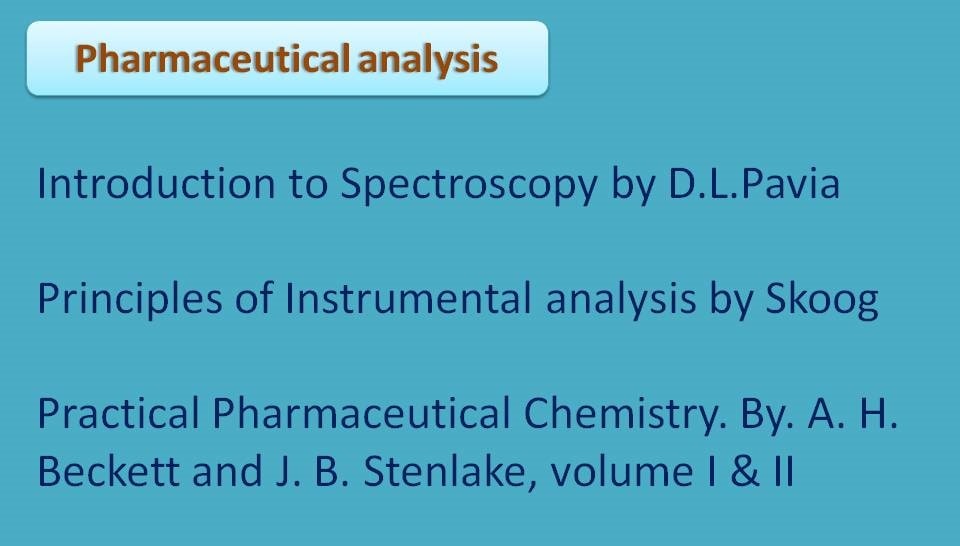
Practical Pharmaceutical Chemistry. By. A. H. Beckett and J. B. Stenlake, volume I & II are concise books that cover all practical key points in a nutshell.
Pharmaceutical chemistry
This division mainly involves two subjects such as medicinal chemistry and organic chemistry. Now a days , few questions are appearing in GPAT form medicinal chemistry but more weight is given for organic chemistry.
Wilson and Giswolds Text Book of Organic, Medicinal & Pharmaceutical Chemistry is a good book to cover many concepts in medicinal chemistry.
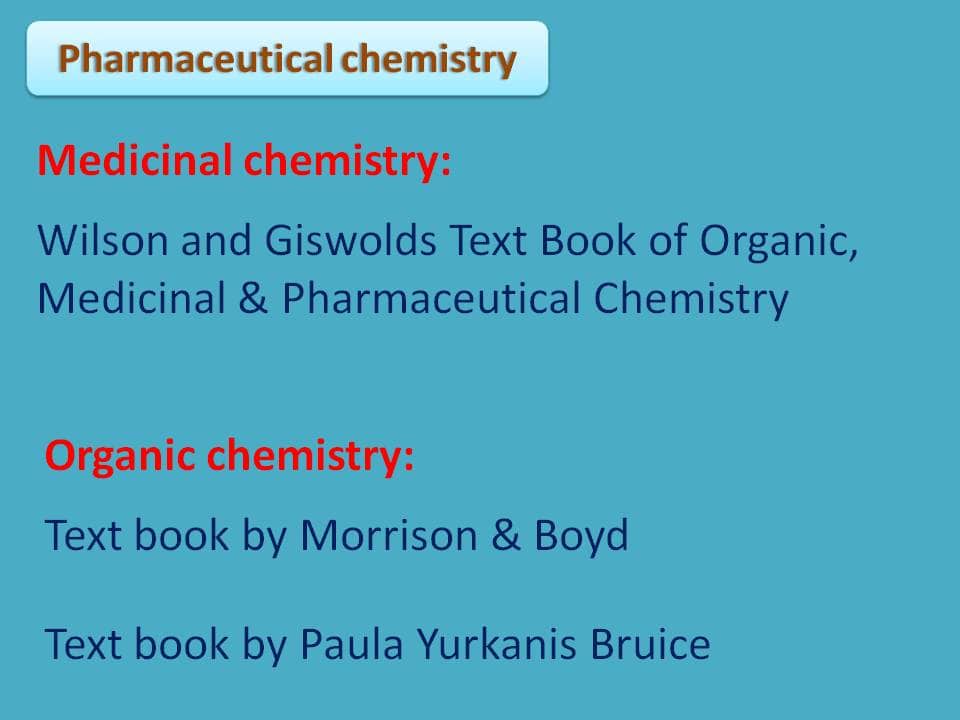
For organic chemistry, text books by Morrison & Boyd and another book by Paula Yurkanis Bruice are good books to study.
Pharmacognosy
If you want to get good GPAT score very easily you should never neglect pharmacognosy. It is one of the subjects that provides you score based how extent you prepare and revise this subject. From this subject you may get questions on photochemical classification of plant drugs, important phytochemicals, chemical tests to identify and biotechnological aspects in plants.
Trease and Evan’s pharmacognosy is one of the book that covers important phytochemistry of plants. Pharmacognosy by C.K. Kokate is a book that is easy to understand the basic information of plants and their profiles.
Other subjects
Other subjects that included in GPAT syllabus are biochemistry, microbiology,biotechnology, jurisprudence and pharmaceutical management. Among these you will get significant number of questions from biochemistry. For this subject you can refer the following books.
- Harper’s Illustrated Biochemistry
- Biochemistry by U. Satyanarayana
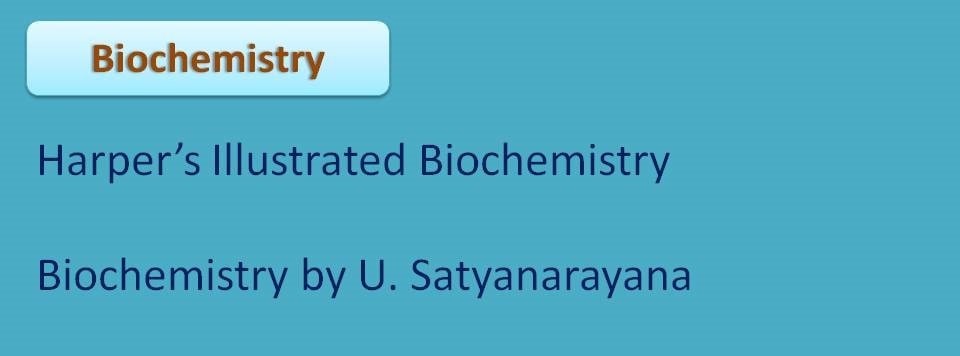
For other subjects the recommended books to study are listed here.
- Microbiology, Michael Pelczar
- Marketing Management, Phillip Kotler
